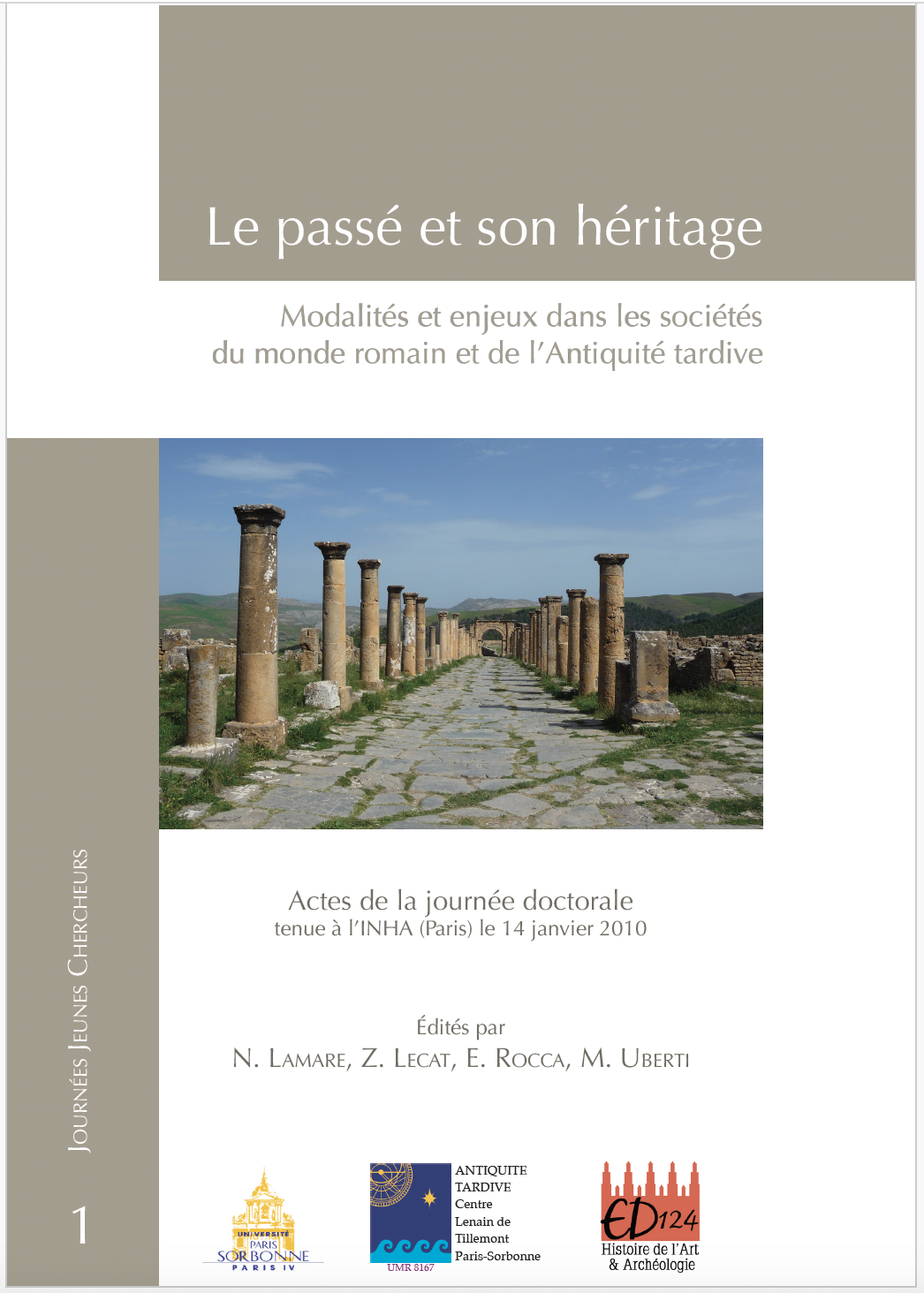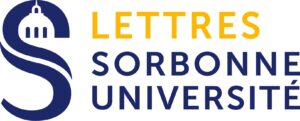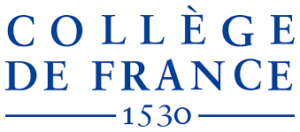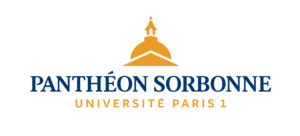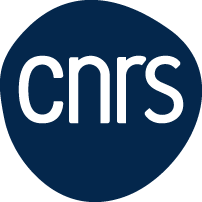Journées Jeunes chercheurs
La collection Journées Jeunes Chercheurs [JJC] est née en 2010 de l’initiative des doctorants de l’ED VI (ED 124) de Sorbonne Université et de l’équipe Antiquité classique et tardive de l’Umr O&M, avec pour objectif de renforcer les échanges entre étudiants et enseignants-chercheurs en se préparant non seulement à l’intervention dans des manifestations scientifiques mais aussi et surtout à leur organisation.
La formule sort ainsi du cadre habituel des Journées doctorales organisées sous le patronage des universités et centres de recherches au sein des formations doctorales durant les trois premières années de thèse. Elle s’inscrit en outre spécifiquement dans les thèmes de recherche de l’Umr sur le monde méditerranéen et le Proche-Orient au sens large, et dans les diverses disciplines des humanités – philologie, archéologie et histoire – avec une dimension volontairement transversale sur les plans chronologique, géographique et disciplinaire.
Initiées et préparées par les doctorants eux-mêmes, les JJC offrent un nouveau cadre à la visibilité de leurs travaux et marquent en cela leur engagement. Elles se devaient de trouver un écho dans la création d’un support dédié à la publication de leurs Actes sur le portail web de l’Umr O&M.
–––––––––
The JJC series [Journées Jeunes Chercheurs] was founded through the initiative of phd students from Sorbonne University and the Classical and Late Antiquity team at Umr 8167 Orient & Méditerranée, with the aim of strengthening exchanges between students and lecturers by preparing them not only to take part in scientific events but also, and above all, to organise them.
The formula thus goes beyond the usual framework of Doctoral Days organised under the aegis of universities and research centres as part of doctoral courses during the first three years of a thesis. It is also specifically related to the research themes of the Umr on the Mediterranean world and the Near East in the broadest sense, as well as in the various disciplines of the humanities – philology, archaeology and history – with a deliberately cross-disciplinary dimension in terms of chronology, geography and disciplines.
Initiated and prepared by the phd students themselves, the Journées offer a new framework to the visibility of their work, and sign in this way their commitment. They had to find an echo in the creation of a dedicated medium: the publication of their proceedings on the Umr O&M webportal.
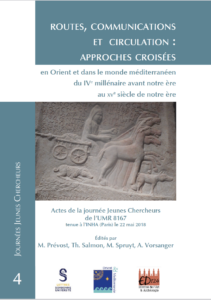
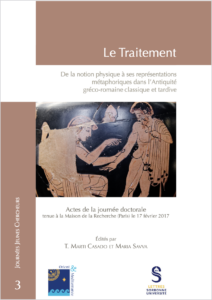
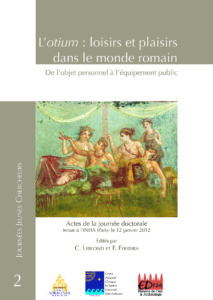
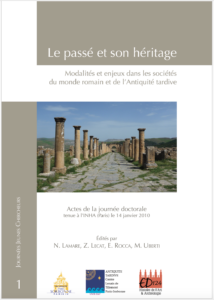
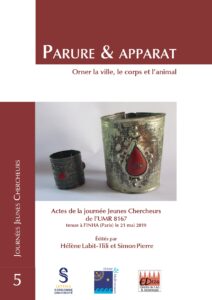
-
Volume de Collection
Une archéologie du regard. À travers les évolutions de l’iconographie de la violence et de la brutalité
Numéro : 7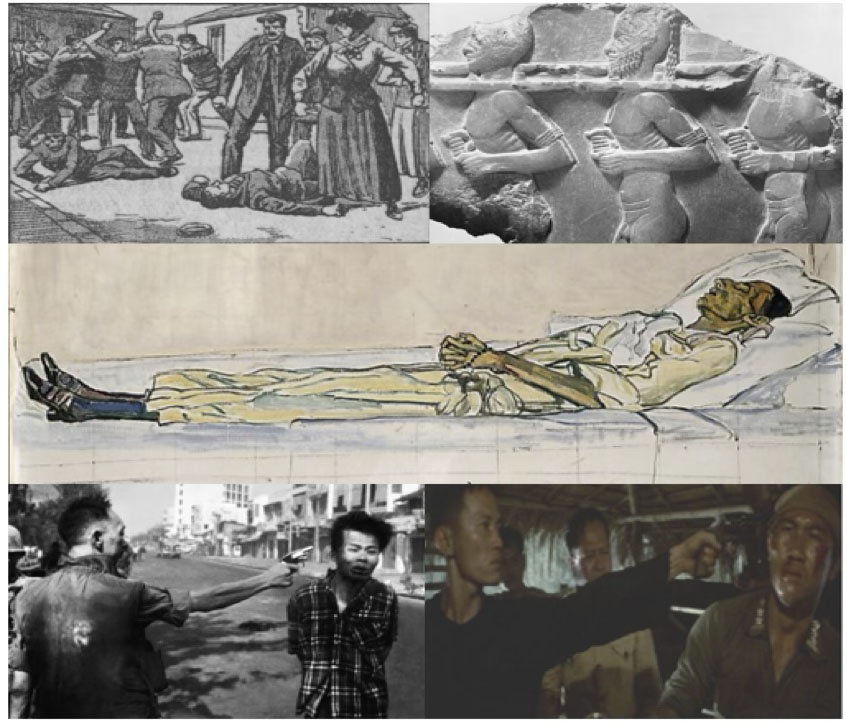
-
Volume de Collection
Des mondes connectés ? Les échanges dans l'Antiquité
Numéro : 6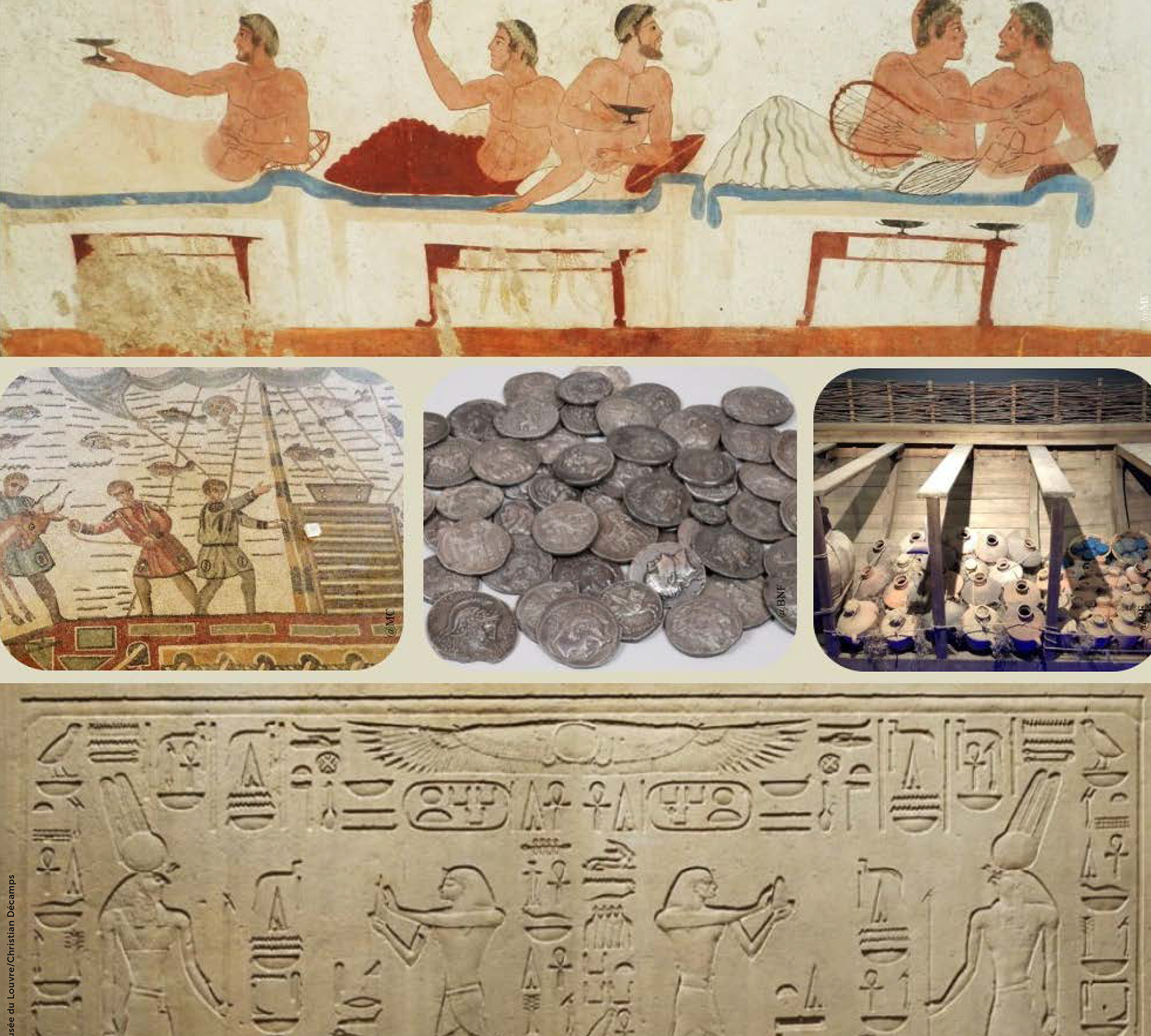
-
Volume de Collection
Parure & Apparat - Orner la ville, le corps et l'animal
Numéro : 5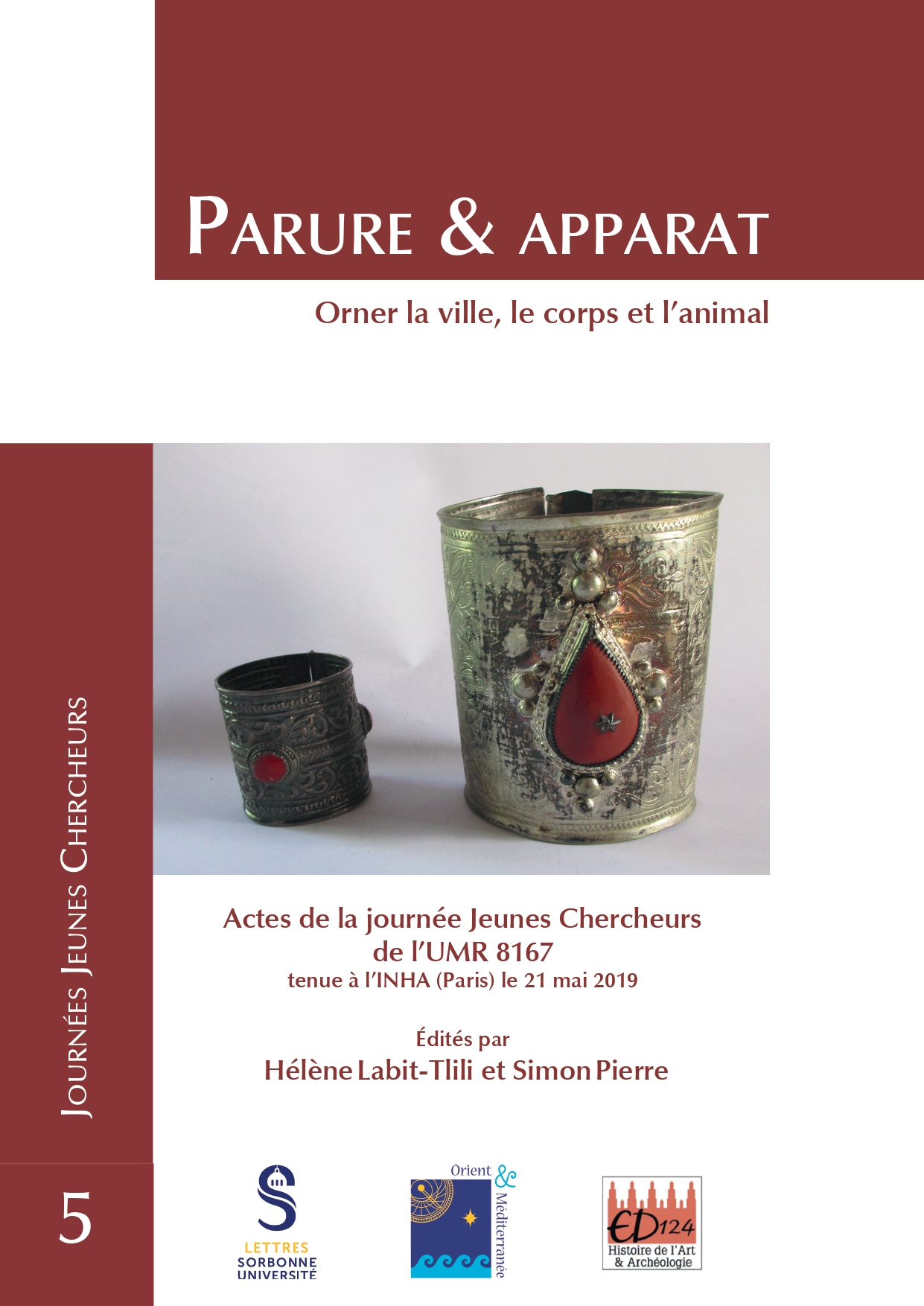
-
Volume de Collection
Routes, communications et circulation : approches croisées en Orient et dans le monde méditerranéen du IVe millénaire avant notre ère au XVe siècle de notre ère
Numéro : 4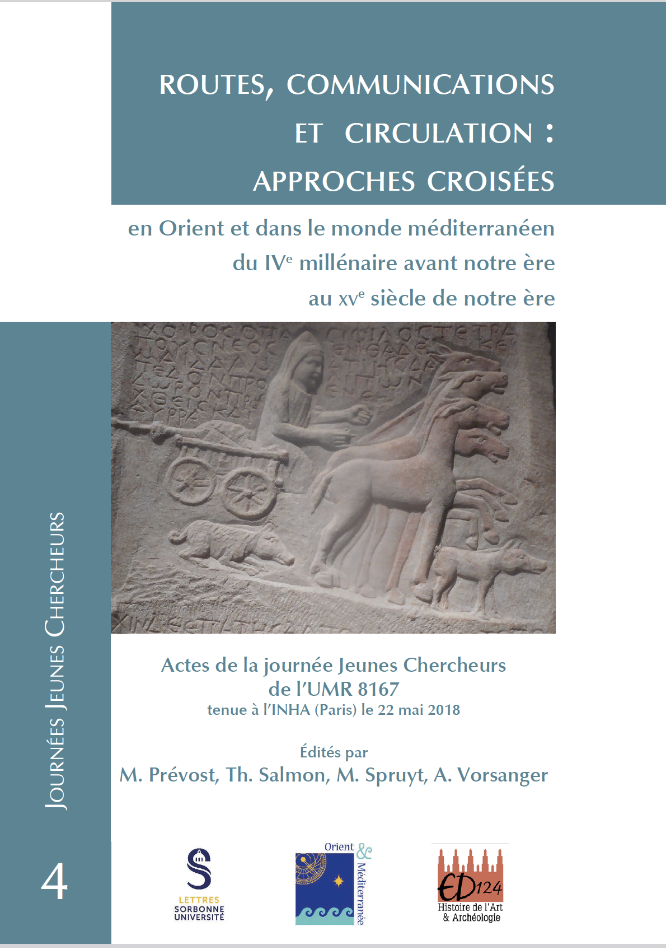
-
Volume de Collection
Le traitement : de la notion physique à ses représentations métaphoriques dans l'Antiquité gréco-romaine classique et tardive
Numéro : 3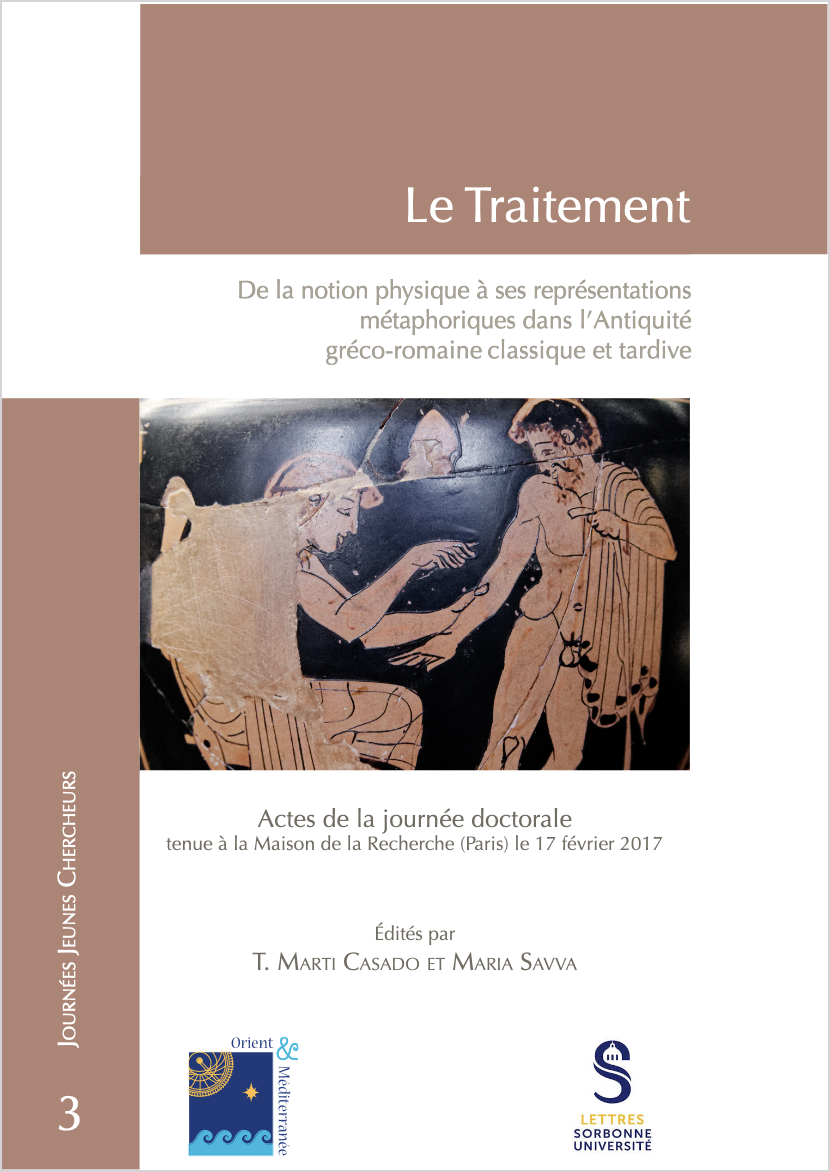
-
Volume de Collection
L'Otium : loisirs et plaisirs dans le monde romain. De l'objet personnel à l'équipement public
Numéro : 2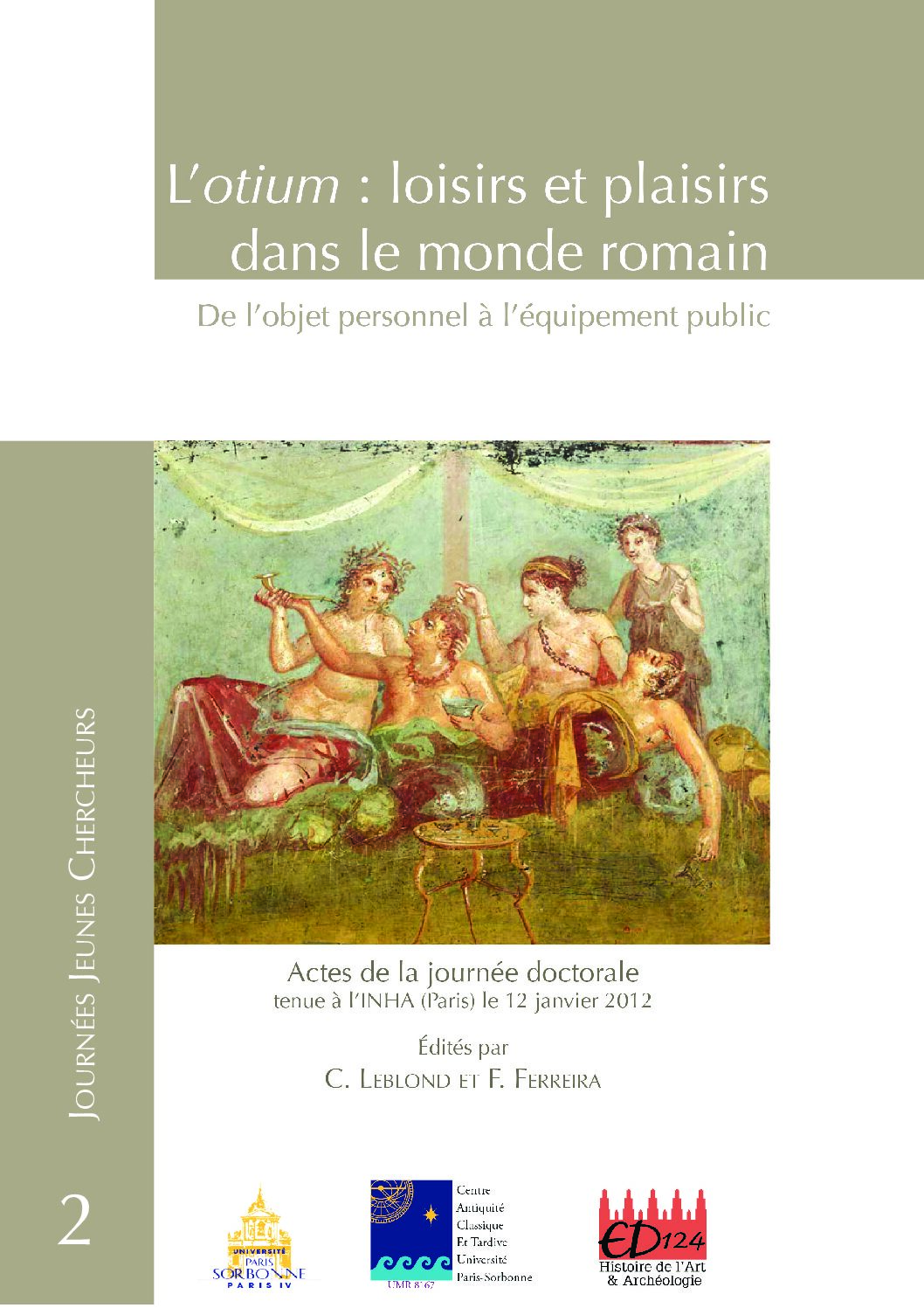
-
Volume de Collection
Le passé et son héritage : modalités et enjeux dans les sociétés du monde romain et de l’Antiquité tardive
Numéro : 1